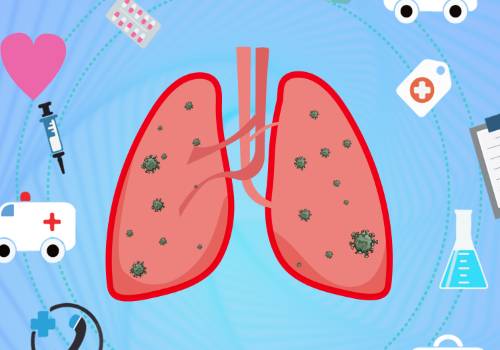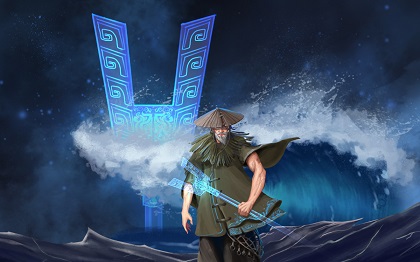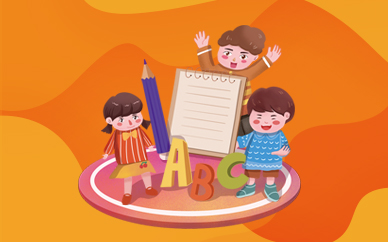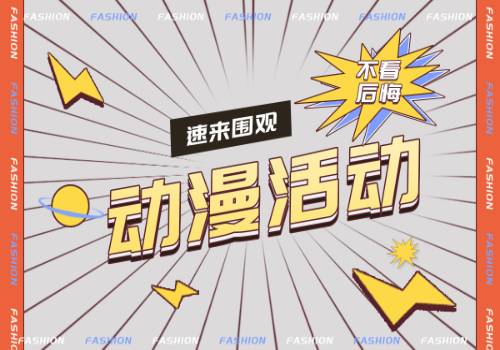Slide to Chinese
 (資料圖)
(資料圖)
Individuals
and Societies
At ISNS, Individuals and Societies (I&S) is a multi-disciplinary subject that students take in MYP and DP. We plan teaching and learning in a fun and engaging way to ensure that our students from G6 all the way to G12 are fostered their inquiry and investigation skills, as well as critical thinking, and communication skills.
This week, we interviewed our Individuals and Societies (I&S) Head of Department Mr. St Germain to find out about the DP I&S subject and how it cultivates those important skills.
Framework andcurriculum plan
Individuals and Societies (I&S) incorporates disciplines traditionally studied under the general term “the humanities” (such as history and philosophy), as well as disciplines in the social sciences (such as economics, business management, geography, and sociology).
MYP
In MYP Grade 6, 7, and 8 student study diverse topics that fall within the humanities and social sciences. The focus is on creating units that allow students to engage with exciting, stimulating and personally relevant topics and issues. The units are designed to build students’ inquiry and investigation skills as these are a strong focus of Individuals and Societies.
As the students progress through Lower MYP, the tasks and the assessments of the units become increasingly more complex and encompass a strong focus on real-world examples that allow students to build their research and analysis skills.
DP
In Grade 9 I&S, we start to offer courses to prepare students for the DP program, including units in Business Management, Economics, and Geography. These are intended to introduce students to some of the I&S courses we offer in the Diploma Program and help them build knowledge and skills that will help them succeed in the DP.
In Grade 10, I&S focuses on History as this is a requirement of New Brunswick curriculum and allows students to further develop their inquiry, critical thinking, and communication skills in preparation for the DP.
The DP subjects we offer:
Business Management
Economics
Geography
Psychology
How to ensure the connection is there from LMYP to UMYP to DP?
In MYP we develop units specifically in order to develop the student"s knowledge critical thinking, communication, and research skills. These skills that we focus on developing in the MYP help students transition into the I & S subjects at DP. It also helps students across all their DP subjects because it helps them with the Investigation skills for their internal assessments and the research skills that they develop help them with their Extended Essays in the DP program.
How does teaching and learning focus on for DP?
In DP I & S inquiry is at the heart of everything we do. For example in economics there are nine key concepts that the students need to understand and they apply those concepts to everything. They learn in the course, theory models, and tools that they apply and then they have to connect them to different key concepts. Another major important thing for students is integrating real-world examples into their learning.
Nine key concepts
A Typical Unit
A typical unit in DP economics would be currency exchange.
01
We start the unit by doing some basic knowledge building where the students learn how the factors affect currency exchange and learn how to diagram those things.
02
After that, they research a real-world example and see how the depreciation of a currency affects an economy.
03
Once the students have built sufficient knowledge and they have real-world examples, they"ll be given some practice papers from past exams, which include real case studies and students can apply their knowledge and practice to prepare for these external exams they"ll have at the end of the year.
04
The final wrap-up is a large inquiry task where students have to research two countries and the relationship between their currency and determine the impacts that the changes in the currency have on their two countries" trading relationship.
Tips for Learning I&S
“The most important thing a student can do before entering I & S in the DP is to be aware of current events. It means watching the news, reading newspapers and magazines and very importantly outside their own country and making sure they are aware of global issues and things that are affecting the world right now. ”
滑動查看英文
人文社會學
在ISNS,人文社會學科(I&S)是學生在中學和高中階段學習的一門多元學科。我們以有趣和引人入勝的方式規劃和教授科學,以確保培養6到12年級學生的探究和調研研究技能,以及批判性思維和溝通技能。
本周,我們采訪了人文社會學科組長 (I&S) St Germain 老師,了解高中預科 I&S 學科及其如何培養這些重要技能。
人文社會學課程框架大綱
人文社會學 (I&S) 包括傳統上在通用術語“人文學科”下研究的學科(如歷史和哲學),以及社會科學學科(如經濟學、商業管理、地理學和社會學)。
MYP 6-8年級
在中學 6、7 和 8年級(MYP),學生學習關于人文和社會科學的各種主題。重點是創建單元,讓學生參與令人興奮和個人相關的主題和問題。這些單元旨在培養學生的探究和調查技能,因為這些是人文社會學的重點。
隨著學生通過中學低年級取得進展,單元的任務和評估變得越來越復雜,并且非常注重現實世界的例子,讓學生能夠培養他們的研究和分析技能。
DP 9-10年級
在9年級 I&S課,我們開始提供相應的科目為學生準備DP課程,包括商業管理、經濟學和地理單元。這些旨在向學生介紹我們在文憑課程中提供的一些人文和社會的課程,幫助他們建立知識和技能,在高中預科 (DP)學習中取得成功。
在10年級,I&S側重于歷史,因為這是新不倫瑞克省(加拿大)課程的要求,并允許學生進一步發展他們的探究、批判性思維和溝通技巧,為DP做準備。
我們提供的DP科目:
商業管理
經濟學
地理
心理學
從中學到高中是如何銜接的?
在MYP中學階段,我們專門開發單元以發展學生的知識、批判性思維、溝通和研究技能。我們在MYP重點培養的這些技能可幫助學生過渡到DP的人文社會科目,還可以讓學生順利完成所有DP科目。因為它可以幫助他們掌握內部評估的調查技能,而他們培養的研究技能可以在完成DP的擴展論文時起到很大作用。
高中預科的課程側重點是什么?
在 DP的 I & S課上,探究是我們所做一切的核心。比如經濟學,學生需要理解九個關鍵概念,并將這些概念應用到所有事物中。他們在課程中學習他們應用的理論模型和工具,然后需要將它們與不同的關鍵概念聯系起來。對學生來說,另一件重要的事情是將真實世界的例子融入到學習中。
9個關鍵概念
典型單元
舉個例子,DP經濟學中的一個典型單元就是貨幣兌換。
01
我們通過建立一些基本知識來開始本單元,讓學生了解這些因素如何影響貨幣兌換,并學習繪制圖表來表示。
02
之后,他們研究一個真實世界的例子,看看貨幣貶值如何影響現實世界中的經濟。
03
一旦學生建立了足夠的知識并且他們有了真實的例子,我們會做一些舊的練習試卷,包括真實的案例研究,學生可以應用他們的知識和實踐,來為年底的考試做準備。
04
最后的總結是一項大型探究任務,學生需要研究兩個國家及其貨幣之間的關系,并確定貨幣變化對兩國貿易關系的影響。
學習I&S的小建議
“在進入高中預科的I&S課程之前,學生可以做的最重要的事情是了解時事。比如看新聞、閱讀報紙和雜志,非常重要的是了解在他們自己國家以外的地方發生的事,確保關注了解全球問題和正在影響世界的事情。”
關鍵詞: 人文社科



















 營業執照公示信息
營業執照公示信息